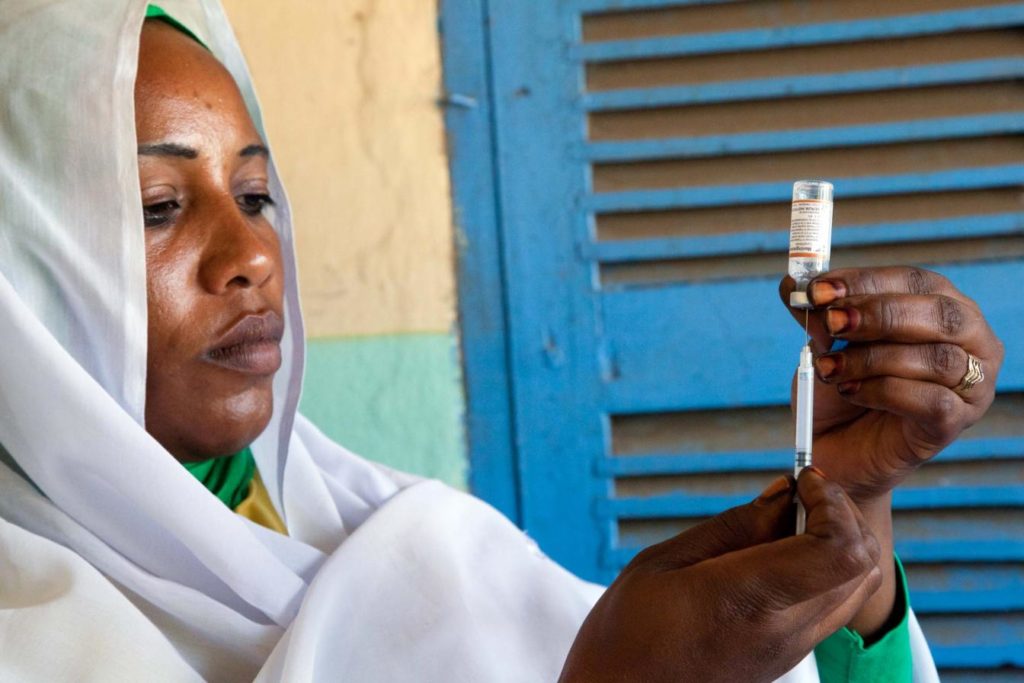A South African biotechnology startup has deciphered the formula to develop the Moderna coronavirus vaccine and is now working to produce a cheap, patent-free version.
In October of last year, the World Health Organisation (WHO) hired the company, called Afrigen Biologics and Vaccines, to reverse engineer the mRNA vaccine produced by Moderna. This vaccine type was targeted because the company said it will not enforce infringements of its Covid-19 vaccine patents during the pandemic.
South Africa asked the company to share its vaccine technology, which could have allowed Afrigen to produce a vaccine ready for phase one clinical trials by the end of 2021, but it refused to do so, journalist Stijn Vercruysse told Radio 1. He added that despite the lack of cooperation from Moderna, the South African hub managed to crack the code more quickly than expected.
Vaccines for all, not just the wealthy
The discovery is a big step towards a cheaper vaccine being developed on the African continent, which imports 99% of the vaccines it uses annually, according to WHO data.
The company previously told Al Jazeera that it intends to distribute the technology to other lower-income countries if it successfully deciphers the formula.
Cuba, which has been subject to a six-decade-long embargo on imports from the United States, has also successfully produced its own vaccines. Now, more than 90% of the population has been vaccinated with at least one dose of Cuba’s own coronavirus vaccines.
Companies and government spurring vaccine inequality
Pharmaceutical giants who developed and manufactured vaccines didn't release their patents, resulting in large-scale inequality between low- and middle-income countries and more developed nations.
According to Our World in Data, 61.1% of the world population received at least one dose, but in low-income countries, just 10% of the population has been vaccinated. At this rate, it will take years before we reach the necessary vaccination coverage worldwide.
Although the UN, Gavi, WHO and the Coalition for Epidemic Preparedness Innovations (CEPI) co-led COVAX programme, which recently delivered the billionth dose of a coronavirus vaccine to lower-income countries, has helped narrow the gap, the inequality remains.
Related News
- Federal Government to order 3.8 million Omicron-proof vaccines from Pfizer
- Pfizer agrees to facilitate cheap, global access to anti-Covid pill
Last year, South Africa and India campaigned for a waiver of intellectual property (IP) rights on coronavirus vaccines, so that developing nations can produce their own doses.
The European Parliament backed these calls to improve global access to the vaccine and to address global production constraints, clashing with the Commission's stance, which argued for compulsory licences.
Despite Afrigen's positive announcement, there are still many obstacles to solve vaccine inequality, from having the right infrastructure to produce the vaccines on a large scale to the lack of skilled manpower to work in such hubs. Clinical trials will also have to be organised, meaning it could take until 2024 before the vaccine is produced on the continent.

